
Moving Beyond Windows 7 End of Support
With the end of service for Windows 7, businesses need to find another solution. While Windows 7 will not stop working, it won’t be as secure, and the lack of updates and patches will make your system and data more vulnerable to attack.

Emergent Trends Expected to Change the Tech Landscape
The 2020s–this year and beyond–will be a time of great disruption created by emerging technology. Not only will technologies like hyper-automation, artificial intelligence and human augmentation change the way people interact with technology, it will create opportunities–and challenges–never before seen. Read on to learn more about what is developing in 2020 and beyond.
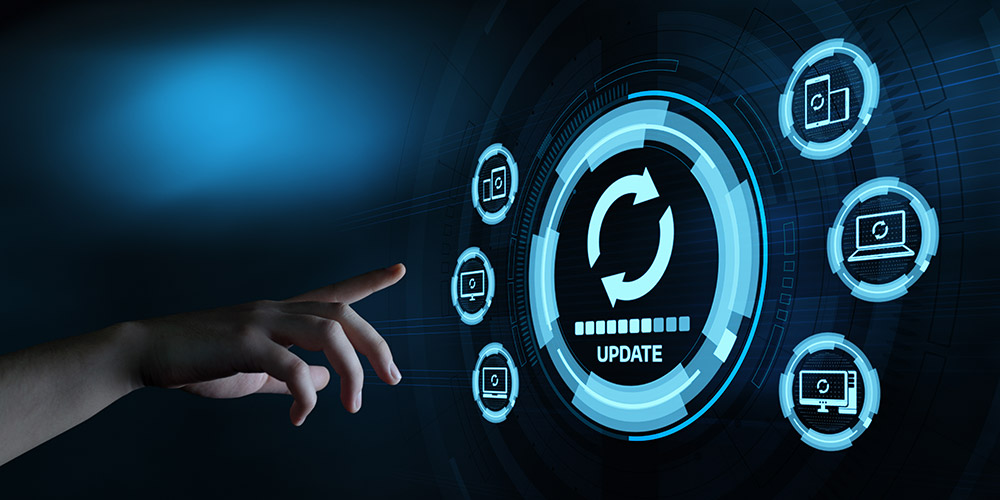
Upgrading from Windows 7 and Windows 2008
On January 14, 2020, Windows 7 and Server 2008 will reach the end of their life cycle, with operating system patches and updates no longer available. Networks and connected devices without an upgrade will be left vulnerable to cyberattacks and the resulting loss and/or compromise of data.

Getting Your Business Ready for 2020 Information Technology Trends
Last year at this time, it was predicted that technologies like 5G and Internet of Things would be developing trends. This is still true. According to a survey by CompTIA, the global tech industry is set to grow at a rate of 3.7%, reaching $5.2 trillion.
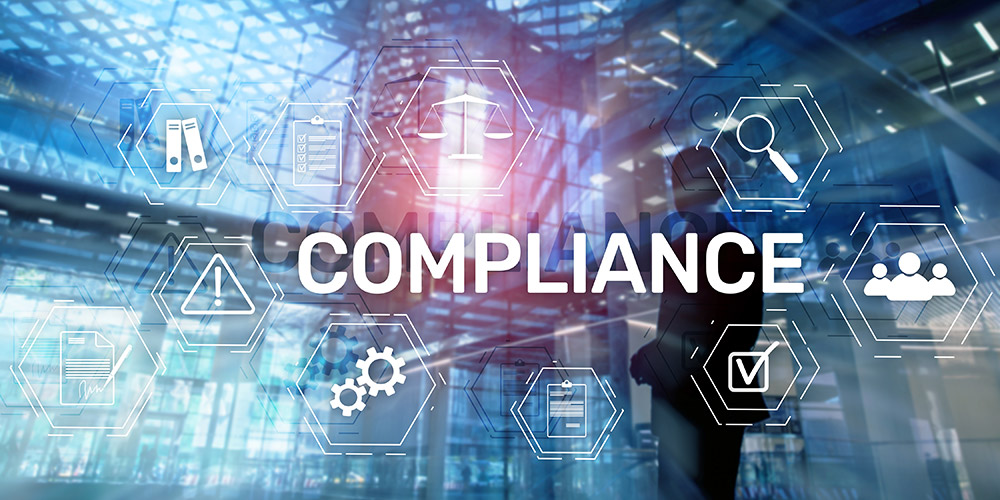
Network Compliance is for Everyone
With so many organizations generating data in the course of daily business, it’s more important than ever to protect it from loss or compromise. Data breaches are frequently in the news, and aside from the negative publicity, result in fines and loss of revenue for companies. Maintaining network compliance is critical for all businesses. Read on to learn how to protect your company from this costly scenario.
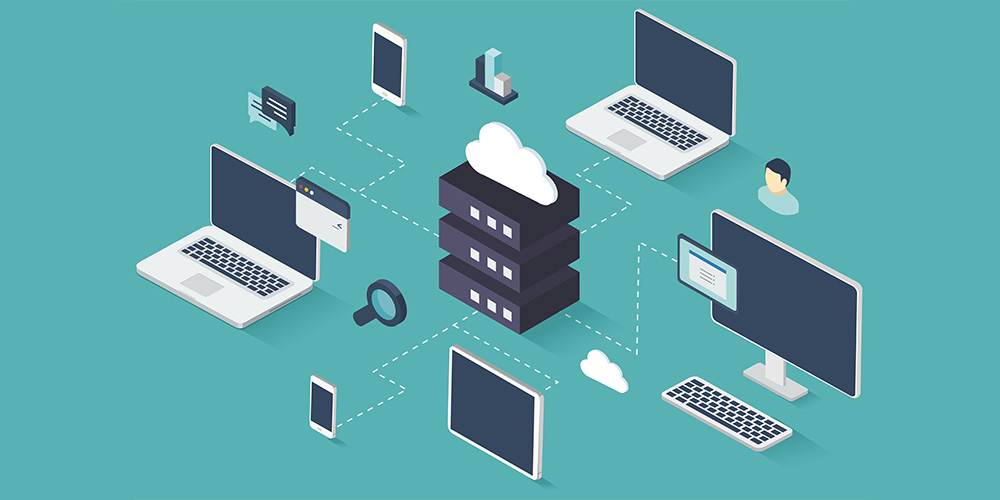
Cloud Migration Considerations
With companies seeking the best return on investment for their technology expenditure, Cloud migration, or, in some cases, migrating to a different Cloud environment or changing to a new Cloud provider, can be a good choice. Read on to learn more about the benefits of using the cloud as well as what to consider before migrating.
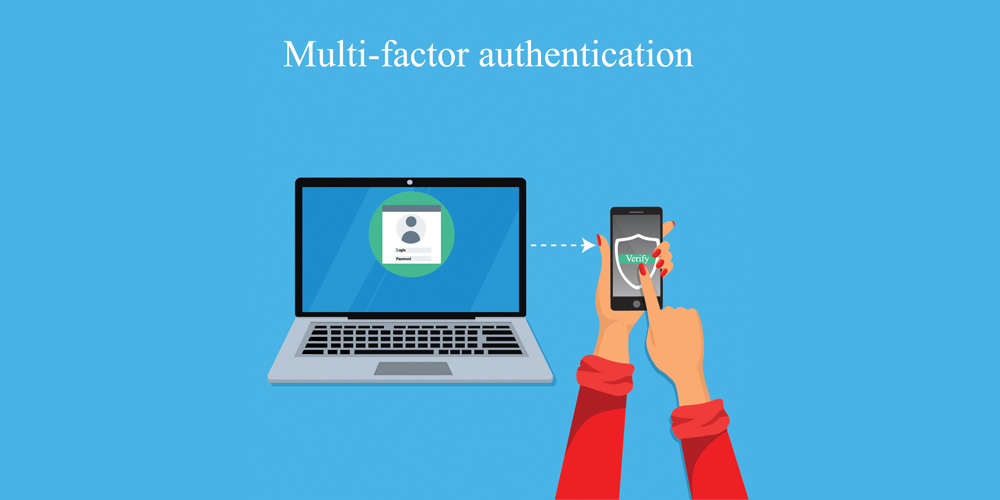
Everything You Need to Know About Multi-Factor Authentication
Imagine if no matter how well protected your computer systems are, there was yet another level of protection? One which involves specific factors particular to the user, which they can use in addition to a strong password? With multi-factor authentication (MFA), you have yet another defense against bad actors seeking to infiltrate your network. Read on to learn more about this relatively new technology.

October is Cybersecurity Awareness Month: Be Aware and Prepared
October is National Cybersecurity Awareness month, a “collaborative effort between government and industry to raise awareness about the importance of cybersecurity, and to ensure all businesses have the resources to be safer and more secure online.” This year, according to the US Department of Homeland Security, the emphasis is on a proactive approach. Read on to learn more about various aspects of cybersecurity.
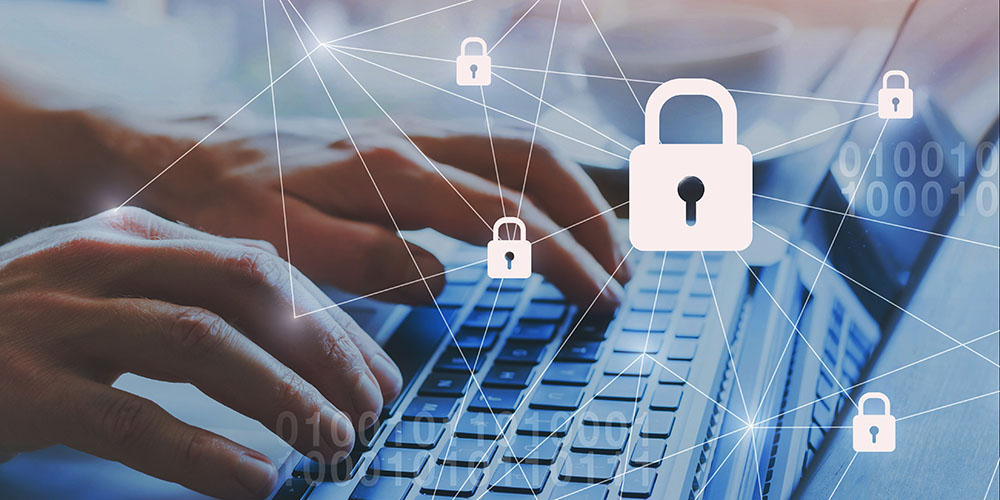
Protect Your Business Through Cybersecurity Awareness
October is Cybersecurity Awareness month and knowing this can serve as a wake-up call to protect your company’s data, networks and systems from internal and external hazards. Read on to learn more about protecting your business.

The Importance of Data Protection Before a Disaster
Hurricane Dorian is just one event that can potentially affect a business’s access to its data and reemphasizes the importance of having a data protection plan in place. Other events can have the same effect—cyclones, earthquakes, and hurricanes–suspending business operations for days or weeks. Even a brief power outage can put your company at risk, not to mention the threat of cyberattacks. Read on to learn more about keeping your business’ data safe and accessible.
